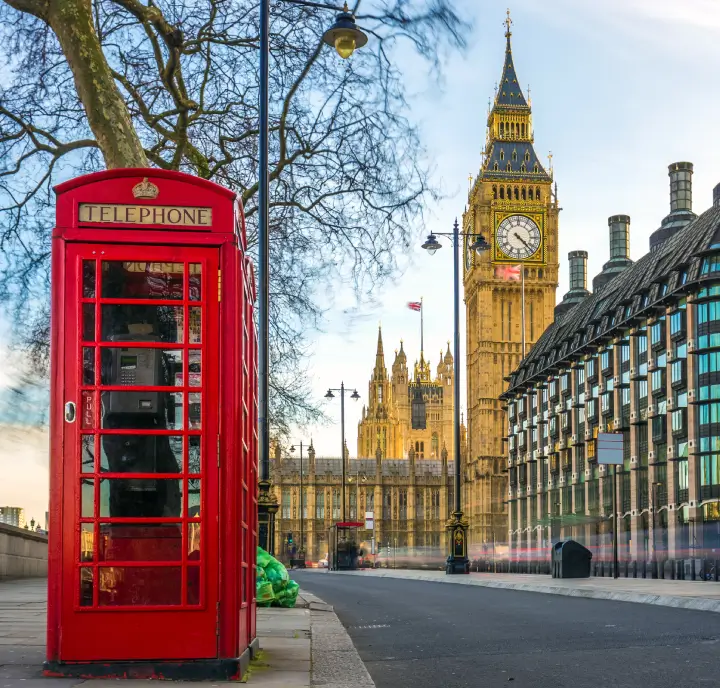Monday - Friday: 9:30am - 5:30pm
Civil Partnerships
Experienced civil partnership dissolution solicitors who regularly advise clients on issues surrounding LGBT and civil partnerships.
Experienced civil partnership dissolution solicitors who regularly advise clients on issues surrounding LGBT and civil partnerships.
Ending a civil partnership is never easy — but with the right legal support, it can be handled with dignity, clarity and confidence. At Josiah-Lake Gardiner, we guide you through the dissolution process and help secure a fair financial settlement that protects your future.
Since 6 April 2022, the law on civil partnership dissolution in England and Wales has been modernised under the Divorce, Dissolution and Separation Act 2020.
These changes were introduced to reduce unnecessary conflict and provide a more straightforward legal route for ending a relationship.
The dissolution of civil partnerships in England and Wales is governed by the Civil Partnership Act 2004, and the procedure was aligned with divorce law through the Divorce, Dissolution and Separation Act 2020.
Financial remedies on dissolution are also dealt with under the Civil Partnership Act 2004, which mirrors the powers granted to the court under the Matrimonial Causes Act 1973. This ensures civil partners have access to the same range of financial relief orders — including maintenance, property adjustment, pension sharing and lump sum orders — as divorcing spouses.
Whether you’re applying alone or jointly, the legal process follows these steps:
Court fee: £612 to file your application. You may be eligible for help with fees — we can advise on this during our consultation.
This is the court’s acknowledgement that your civil partnership meets the legal grounds for dissolution.
This is the legal end of the civil partnership.
Once made, you are no longer in a civil partnership and can enter into either a new civil partnership or marriage if you wish.
It’s critical to secure a financial settlement before the Final Order is granted. Rushing this stage could put your financial security at risk.
We’ll guide you through the correct timing and ensure your finances are properly resolved before you apply for the Final Order.
Ending your civil partnership doesn’t end your financial responsibilities to each other. A fair financial settlement ensures clarity, security, and peace of mind.
At Josiah-Lake Gardiner, we help with:
Our aim is to help you move forward with a solution tailored to your life and your future.
Wherever possible, we prioritise resolution without the stress, cost and delay of court proceedings. We offer a full range of non-court dispute resolution options:
Non-Court Options Include:
These routes are flexible, private and often much quicker than the court process.
Should court become necessary, you can rely on our strategic expertise and experienced advocacy at every step.
A: The process is broadly the same, especially following the 2022 reforms.
A: The minimum time is around 26 weeks from application to Final Order, but it may take longer if financial matters are complex or disputed.
A: Yes. Even amicable agreements need to be formalised in a Consent Order to prevent future claims.
A: No — even where there is a measure of agreement with regard to the dissolution and finances, each of you should have your own representation. However, you may both work with a mediator or engage in collaborative law with separate legal advice.
A: Yes — you can submit a dissolution application online via gov.uk. We can assist you with this or manage the application on your behalf.
Whether you’re exploring your options or ready to start, we’re here to help you take the next step — with clarity, certainty and confidence.
Call us on 020 3405 0184
Email [email protected]








